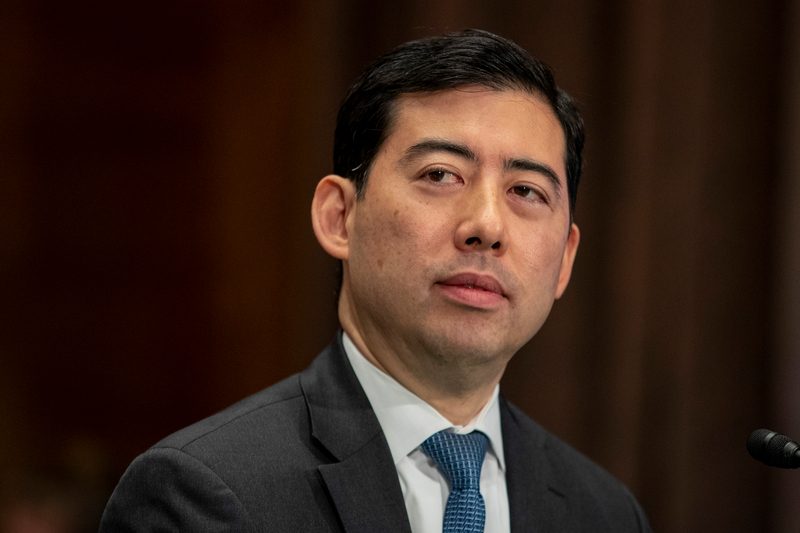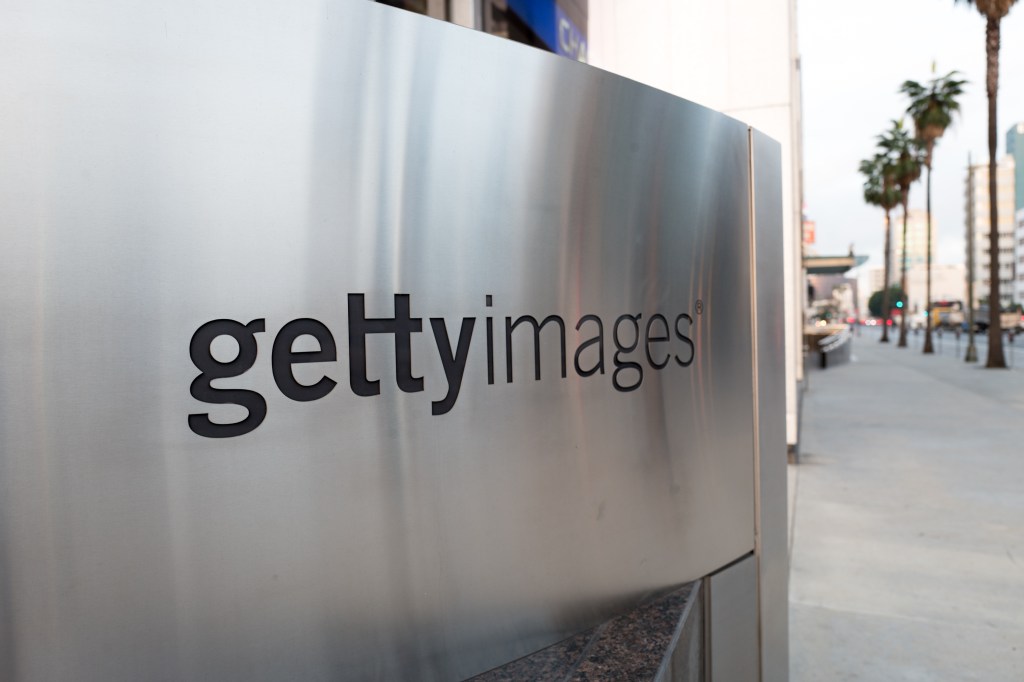The SEC has charged Robert Scott Murray and Trillium Capital LLC, a private company controlled by Murray, with a fraudulent scheme to manipulate the stock price of Getty Images Holdings Inc. by announcing a phony offer by Trillium to purchase Getty Images.
Murray, who was chief executive of the networking-equipment maker 3Com for several months in 2006, was also criminally charged with securities fraud by the US Attorney’s Office for the District of Massachusetts.
False and misleading
According to the complaint and statement issued by the SEC, Murray first issued a series of news releases in early to mid-April 2023 April calling on the company to sell itself or to add Murray to its board. Murray issued those releases through Trillium Capital, a venture investment business in Massachusetts whose sole owner and manager was Murray himself, federal authorities said.
A couple weeks later, on April 24, Trillium announced a supposed bid to acquire Getty Images outright at a price of $10 a share – nearly twice the stock’s closing price a day earlier. While the company’s stock rose that day, its price remained well short of $10.
Getty issued its own news release the next day casting doubt on the offer, calling it an “unsolicited, non-binding and highly conditioned proposal” aimed at acquiring “an unstated volume of outstanding shares.” Trillium, it said, had not provided Getty’s board with any evidence that it was “sufficiently credible to warrant engagement.”
The SEC’s complaint alleges that the buyout announcement was false and misleading because Murray and Trillium had no real intention of acquiring Getty. Although Murray and Trillium pledged in the press release that they would hold their shares, Murray started to liquidate his Getty Images stock within minutes after the market opened on April 24, without even waiting for Getty to respond to his announced offer. Indeed, Murray and Trillium had made no effort to raise the funds necessary for the acquisition.
“We allege that, in the end, Murray leveraged his professional credentials to orchestrate an old-fashioned pump-and-dump scheme.”
Mark Cave, Associate Director, SEC Division of Enforcement
The Justice Department’s statement noted that Murray sold all of his Getty shares “within less than one hour for approximately $1,486,467.”
“Murray claimed that his buyout proposal could create real value for Getty shareholders,” said Mark Cave, Associate Director in the SEC’s Division of Enforcement. “But we allege that, in the end, Murray leveraged his professional credentials to orchestrate an old-fashioned pump-and-dump scheme, disguised as shareholder activism.”
Instruction to delete all texts
The Justice Department’s charging documents outline exactly how text messages came back to haunt Murray – and showcases his complete misunderstanding of how text communications work.
The US Attorney’s Office says that on or about December 6, 2023, at the direction of law enforcement, Murray’s friend texted Murray saying: “I just got a subpoena from the SEC” and “they’re asking me for any communications with you” related to “Getty stock.”
Murray allegedly responded, “just say there were none” and “you should delete all my texts.” Murray further stated that text messages are “like virginity, once you delete your virginity you ain’t getting it back.”
On or about that same day, it is alleged that Murray emailed his friend a proposed response to the subpoena, which falsely stated that the friend bought Getty stock “solely based on my read of the various press releases from Trillium Capital and my knowledge that Scott Murray is a very experienced investor” and “not from any communications from Scott Murray or Trillium Capital.”
And allegedly, upon being approached by law enforcement in February 2024, Murray falsely denied telling his friend to buy Getty shares.
Securities fraud penalties
To resolve the SEC’s charges, Murray and Trillium agreed to the entry of a judgment under the federal securities laws – specifically, the antifraud provisions Section 10(b) of the Exchange Act and Exchange Act SEC Rule 10b–5 – that enjoins them from participating or engaging in certain securities-related conduct, and bars Murray from serving as an officer or director of a public company.
Defendants also agreed that the court will determine whether they will be required to pay disgorgement, prejudgment interest, and civil penalties and (if so) in what amounts.
In the criminal suit, the charge of securities fraud provides for a sentence of up to 20 years in prison, up to three years of supervised release and a fine of up to $5m, according to the US Sentencing Guidelines.













